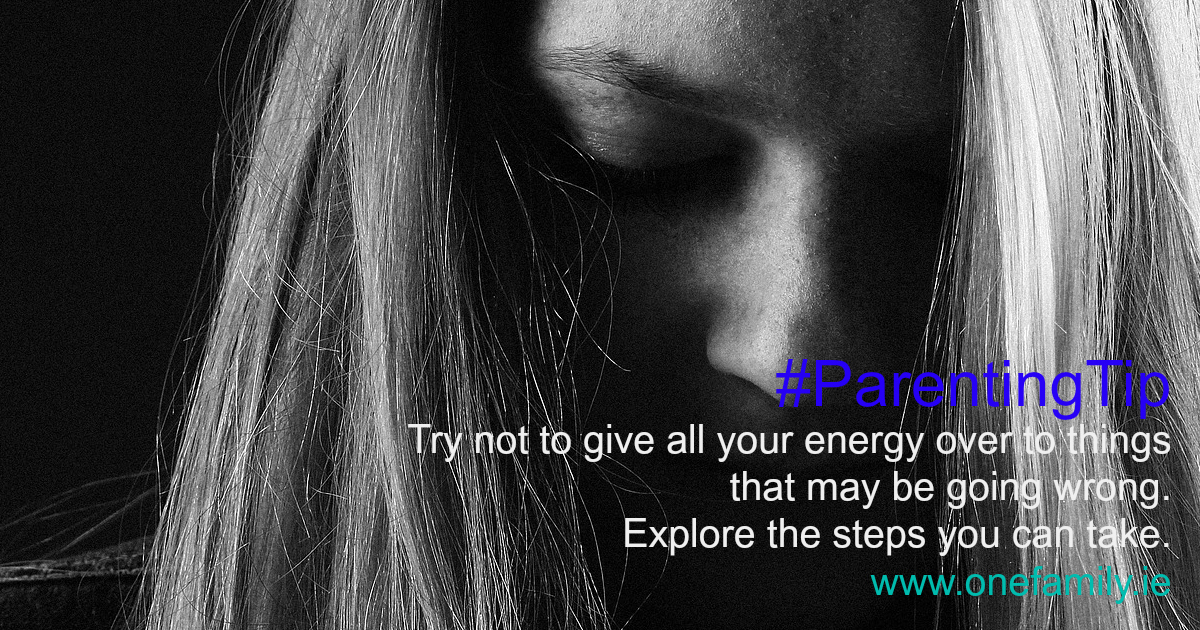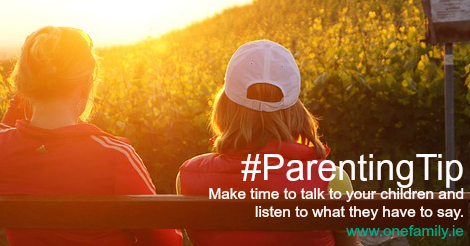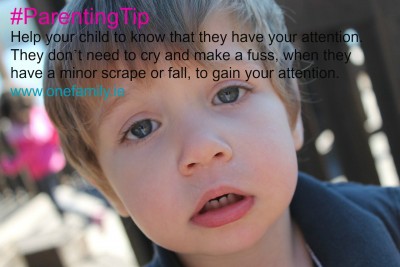10 Ways to Survive Sleepless Nights
With a young child, one of the most trying times can be night time. We all expect to be awake with babies and infants, but what if your child is 3 years of age and still waking you at night? Parents and children need their rest after a long day of work, school, or play, although sleep is often interrupted by a cry for help from another room. As parents, it’s impossible to ignore our children, yet we all need a good night’s sleep and we want the same for our children as well. Not getting enough sleep can affect how we parent and many other aspects of our lives. We explore 10 Ways to Survive Sleepless Nights.
- If you know to expect that your child might call you during the night, it’s best to just accept it rather than dread it, as children will pick up on your anxiety.
- Try to get to bed yourself very early at least 3 nights a week – even if you don’t really feel like it – so you can get hopefully 4-5 hours of continuous sleep before the first call from your child.
- Stay calm during the night. Remember that it’s okay to forget the rules at times. If they will sleep well in your bed take them in, or get into bed with them if you can. A double bed for young children can be great if you have the space; at least you’ll have room then!
- Talk with your child during the day about sleeping. Praise them if they sleep well and try to encourage them to call you when it starts to get bright, not when it is dark. Encourage self-soothing such as cuddling up with favourite teddy bears. Be extra generous with praise for any attempt they make to sleep better in their own bed without calling you. Talk to them about how sleep fills them up with energy for the next day and how they need it for the busy day ahead of them. Help them to understand and like the idea of sleeping, and talk with them about why parents need sleep too.
- Try to ensure that during the day (not at bedtime), that you talk over things that are happening with them too. All kinds of things can play on your child’s mind that you might not be aware of: new home, new baby, getting in trouble, starting school etc. Dreams can wake them with anxiety.
- If you live with another adult take turns to get up to the child – take every second night – then at least you are both getting a good sleep a few nights every week.
- What if you have two children waking in the night? If safe to do so, and you have a big bed and side rails – and you have not been drinking alcohol or are impaired in any way – it can be good to take them on a sleepover into your bed on occasion. This could mean you all get to sleep till morning, or at least the early hours.
- Try not to focus on how little sleep you get. Remember that a lot of parents are in the same situation. Think about how you might be able to incorporate opportunities for sleep into your own routine. If you travel on public transport, perhaps take a nap on the bus or train; or have one in the morning at home if your child is at creche or school. Explore if anyone can mind your child once a week for a few hours during which you can look forward to some sleep; for example, arranging rotating play dates with another parent.
- Build some positives into your day. For example, look forward to some nice breakfast to give yourself a boost to get going. Something like fruit and yoghurt doesn’t have to cost much or take a lot of time to prepare. When we are really tired, we can feel somewhat low, especially if we’re parenting alone without many opportunities to plan for some sleep for ourselves; so it’s very important to actively build in these little positives to our routine.
- Support your child to sleep well by following a bedtime routine and providing them with a restful space. What is the room like that they sleep in? Do they like it? Do they have cuddly teddies they have a good bond with during the day? Have they a night light? Is it a calm, secure, peaceful area?
Along with this post, you might like to also read ‘10 Ways to Establish a Bedtime Routine.’
’10 Ways to’ is by One Family’s Director of Children and Parenting Services, Geraldine Kelly.
For support and advice on any of these topics, call askonefamily on lo-call 1890 66 22 12 or email support@onefamily.ie. Find out more about our parenting programmes here.
Image credit: Pixabay




 When someone in the family or community dies, children are at times kept away from it. Death is a very normal part of life and children, like adults, need to know and understand what is happening, at an age appropriate level of course. They also need closure and support to deal with the loss.
When someone in the family or community dies, children are at times kept away from it. Death is a very normal part of life and children, like adults, need to know and understand what is happening, at an age appropriate level of course. They also need closure and support to deal with the loss.





